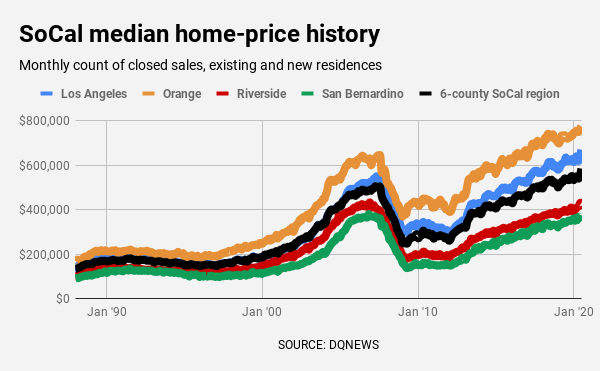
By Jean D. Koehler
For most of us, the reality of growing older means that medial issues will likely become a more common concern. As a result, health care can become a prominent expense in retirement. Medicare typically serves as the foundation of your health insurance later in life as it starts at age 65. If you retire prior to age 65, you’ll find insurance coverage to be expensive, with significant potential out-of-pocket costs.
A major category of expenses in retirement
For most, health care expenses become greater as they grow older. According to statistics compiled by the Kaiser Family Foundation, annual health spending for the average woman is $11,694 for those ages 65 and up. This compares to average annual expenditures of $8,343 for those age 55-64, and $5,775 for women ages 45-54. Spending patterns are similar when comparing costs for those different age groups among men.
At the same time, changes in health care costs in general tend to outpace the standard rate of inflation. According to the U.S. Bureau of Labor Statistics, over the 15-year period ending in 2019, the cost of living for all goods and services rose by 2% annually. During that same period, medical services costs rose by an average of 3.5% annually. Rapidly rising health care costs can quickly eat away at your retirement savings as you grow older.
A challenge even with Medicare
The reality is that while Medicare helps make health insurance much more affordable for older Americans, it is far from free. You will pay premiums for Medicare Part B (doctor’s visits and other care services). In 2020, the base premium for Medicare Part B is $144.60 per month per person, but it could be higher depending on your income level. The premiums typically rise each year. If you choose, Medicare Part D (prescription drug coverage), there is an additional premium, but that should be offset by lower drug costs. You may also choose to purchase a Medicare Supplemental Insurance plan that could add hundreds of dollars to your monthly budget but limit other out-of-pocket expenses.
Steps to take before you retire
Good planning can help you prepare for the challenges posed by medical costs in retirement. Potential steps to address this issue include:
- Reviewing your current savings strategy to make sure you are setting enough money aside to meet all of your expenses in retirement.
- Enrolling in a health insurance plan that includes a Health Savings Account (HSA). Money saved in the account can grow on a tax-advantaged basis and dollars you don’t use today can be applied toward health care expenses in retirement.
- Earmarking a portion of your savings to specifically pay for medical costs in retirement, including insurance premiums and out-of-pocket expenses. This helps you avoid overspending in other areas and putting your future health coverage at risk.
- Consider exploring long-term care insurance to determine whether or not it makes sense for your situation.
Be sure to consult with your financial advisor to learn more about the potential financial challenges you face with healthcare in retirement and to explore steps you should take today.
Jean D. Koehler, CLTC CRPC CKA RICP is a Financial Advisor with Ameriprise Financial Services, Inc. a financial advisory practice of Ameriprise Financial Services, Inc in Arcadia, CA. She specializes in fee-based financial planning and asset management strategies and has been in practice for 20 years. To contact her, ameripriseadvisors.com/jean.d.koehler.







